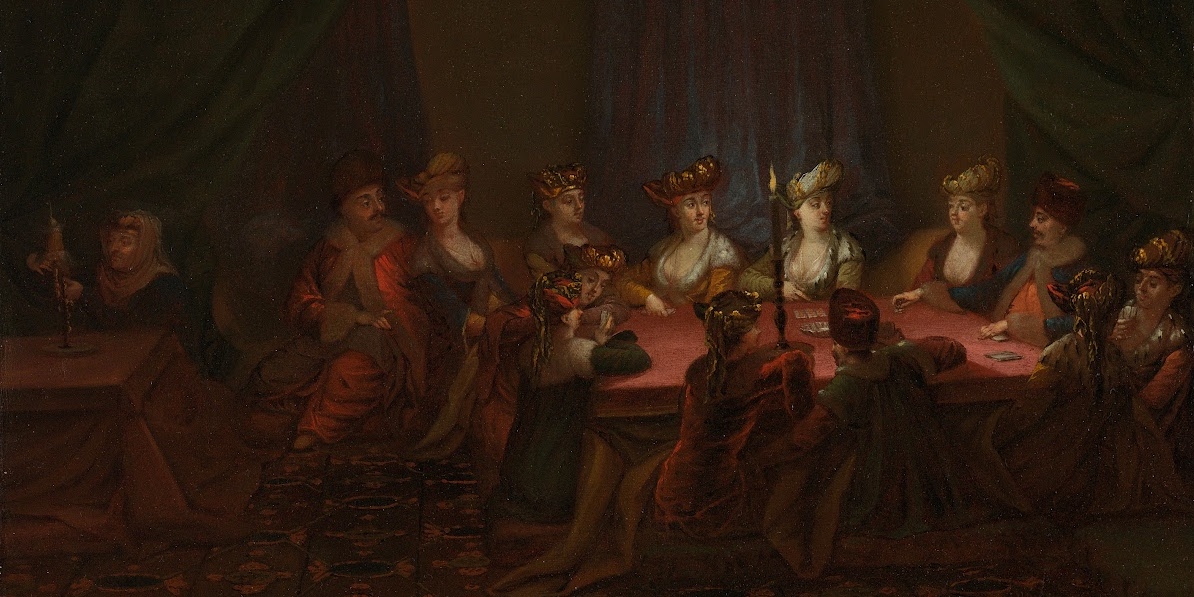Medicine and Muslim Modernity in China
Episode 365
hosted by Shireen Hamza and Nir Shafir
In the early twentieth century, Muslim modernizers all over the world were making new claims about Islam, and the Muslims of China were no exception. In this episode, we discuss the relationship of Southeast Asia to the emergence of a modern Chinese Islam. In a period often characterized in terms of non-Arab Muslims' rediscovery of the Middle East, John Chen shows how connections between Chinese Muslims (Hui) and diverse groups across the Indian Ocean also shaped the new Chinese Islam. The processes often considered to be Arabization were in fact multiregional exchanges. Delving especially into the histories of Islamic medicine in China, John illustrates how Chinese Muslim leaders, imams, and historians took to print, radio, and even to sea routes, to articulate new visions of identity in an emerging nation-state and a changing Islamic world.
Stream via SoundCloud
Contributor Bios
 |
John Chen earned his PhD in History from Columbia University in 2018. He is currently preparing a book manuscript based on his dissertation, "Islamic Modernism in China: Chinese Muslim Elites, Guomindang Nation-Building, and the Limits of the Global Umma, 1900-1960." |
 |
Shireen Hamza is a doctoral student in the History of Science department at Harvard University. Her research focuses broadly on the history of science and medicine in the Islamicate Middle Ages, especially in the Indian Ocean World. |
 |
Nir Shafir is a historian whose research explores the intellectual and religious history of the early modern Middle East, with a focus on material culture and the history of science and technology. He curates Ottoman History Podcast’s series on history of science in addition to being one of the co-founders of hazine.info, a website that explores the archives and libraries of the Islamic world. He is an assistant professor of history at UCSD.
|
Credits
Episode No. 365
Release Date: 2 July 2018
Recording Location: Berlin, Germany
Audio editing by Shireen Hamza
Music: "Qadim Praise in Yunnan" courtesy of Guangtian Ha and Sounding Islam in China
Images and bibliography courtesy of John Chen. We are grateful to Rosey Ma for her permission to use the images from the Ma Tianying Papers.
Release Date: 2 July 2018
Recording Location: Berlin, Germany
Audio editing by Shireen Hamza
Music: "Qadim Praise in Yunnan" courtesy of Guangtian Ha and Sounding Islam in China
Images and bibliography courtesy of John Chen. We are grateful to Rosey Ma for her permission to use the images from the Ma Tianying Papers.
Images
Select Bibliography
Bai Chongxi, Gao Lingbai, and the Chinese Islamic South Seas Delegation. Zhongguo huijiao nanyang fangwentuan malaiya fangwen ji [Diary of Meetings and Activities of the Chinese Islamic South Seas Delegation in Malaysia]. Chongqing: Chinese Islamic National Salvation Federation, 1941.
Bai Shouyi. "Songshi yisilan jiaotu de xiangliao maoyi" [The Song-Era Muslim Aromatics Trade]. Special issue on Islam, Yugong banyuekan [Chinese Historical Geography Semi-Monthly] 7/4 (16 April 1937): pp. 47-77.
Benite, Zvi Ben-Dor. The Dao of Muhammad: A Cultural History of Muslims in Late Imperial China. Cambridge: Harvard University Press, 2005.
----------. "'Follow the White Camel': Islam in China to 1800." In New Cambridge History of Islam, Volume 3: The Eastern Islamic World, Eleventh to Eighteenth Centuries, edited by David O. Morgan and Anthony Reid. New York: Cambridge University Press, 2010, pp. 409-26.
Chaffee, John. "Diasporic Identities in the Historical Development of the Maritime Muslim Communities of Song-Yuan China." Journal of the Economic and Social History of the Orient (JESHO) 49/4 (2006): pp. 395-420.
Chen, John. "'Just Like Old Friends': The Significance of Southeast Asia to Modern Chinese Islam." SOJOURN: The Journal of Social Issues in Southeast Asia 31/3 (2016): pp. 685-742.
Da Pusheng and Ha Decheng. Boyin [Broadcasts]. Shanghai: Shanghai huijiao jingxue yanjiu she, 1934.
Gelvin, James L., and Nile Green, eds. Global Muslims in the Age of Steam and Print. Berkeley: University of California Press, 2014.
Hirth, Friedrich, and William Woodville Rockhill. Chau Ju-kua [a.k.a. Zhao Rukuo], His Work on the Chinese and Arab Trade in the Twelfth and Thirteenth Centuries, Entitled Chu-fan-chï. St. Petersburg: Imperial Academy of Sciences, 1911.
Hourani, George F. Arab Seafaring in the Indian Ocean in Ancient and Early Medieval Times, revised and expanded by John Carswell. Princeton: Princeton University Press, 1995.
Lipman, Jonathan. Familiar Strangers: A History of Muslims in Northwest China. Seattle: University of Washington Press, 1997.
Mao, Yufeng. "A Muslim Vision for the Chinese Nation: Chinese Pilgrimage Missions to Mecca during World War II." Journal of Asian Studies 70/2 (May 2011): pp. 373-95.
Schottenhammer, Angela. "Transfer of xiangyao from Iran and Arabia to China--A Reinvestigation of Entries in the Youyang zazu (863)." In Aspects of the Maritime Silk Road: From the Persian Gulf to the East China Sea, edited by Ralph Kauz. Wiesbaden: Harrassowitz Verlag, 2010, pp. 117-49.
Shan Yude. Huizu yiyao xue jianshi [Islamic Medicine in China: A Brief History]. Yinchuan: Ningxia renmin chubanshe, 2005.
Yang Rongbin. Minguo shiqi shanghai huizu shangren qunti yanjiu [A Study of the Republican-Era Shanghai Hui Merchant Community]. Beijing: Social Sciences Academic Press of China, 2014.















Comments
Post a Comment
Due to an overwhelming amount of spam, we no longer read comments submitted to the blog.